How Will Our Mothering Be Reshaped By Coronavirus?

The struggling child doesn’t feel like anyone’s top priority as annoyance turns to irritation turns to impatience turns to rejection
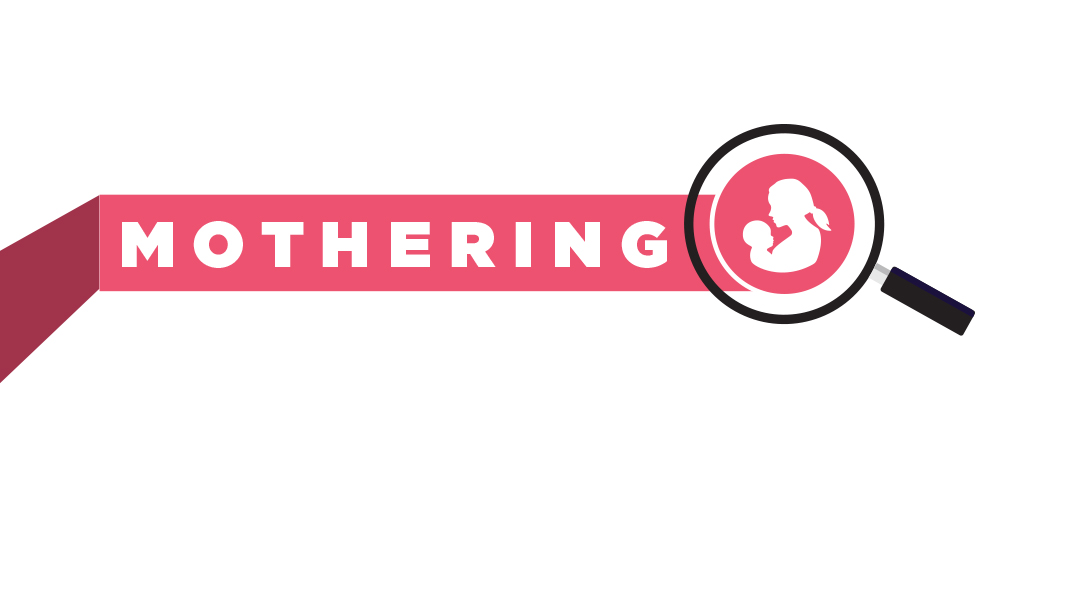
A
sk any frum mother what her top priority is and she’ll for sure say it’s her family.
In our formal tefillos and informal “please Hashems,” in the sandwiches we make and the laundry we pre-treat and the menus we custom-tailor to every palate of every child, we’re constantly thinking of our children. Their likes and dislikes. Their needs and wants. Their strengths and weaknesses and challenges.
We carve out time for dentist appointments and PTA and story-time. We consult with experts and worry about kriah and do speech therapy exercises. We take parenting classes and sign up for daily chinuch tips and keep track of our positivity ratios.
But…we’re carving out time.
We are squeezing that undeniably top priority into the many other tasks and roles and responsibilities that fill our lives. Because many other roles and responsibilities do fill our lives.
We make the trip to and from the dentist as pleasant and focused as we can – it’s some more precious quality time – but then later that night when supper extends a little too long and the pressure of making up the missed work-hours looms, the pleasantness becomes strained and it’s “let’s finish and get into the bathtub and get to bed so I can catch up on the work I missed during the dentist.”
We savor the time on the couch reading books and pointing to the butterfly hiding between the blades of grass, and we invest our heart and soul and a little prayer into the extra potato kugel that we pack along for our bochurim’s in-Shabbos at yeshivah, but then when someone’s struggling with math and there’s a bar mitzvah we really can’t miss, we bring a palpable strain into the cozy home we worked so hard to create. The struggling child doesn’t feel like anyone’s top priority as annoyance turns to irritation turns to impatience turns to rejection.
We watch our teens as they tune into the complexities of the world and we listen as they voice their questions. We relish the opportunity to discuss real issues with people who care, who think, who demand answers and clarity. We share our own formative experiences and the lessons we learned way back that still resonate. But then there are the guests at the table, the people who genuinely need a meal or a welcome or a home base – and as they drink up our attention, our energy, our focus, the kids around the table wonder where they fit in when their parents have so many multi-layered social commitments and responsibilities toward so many people.It’s been two months now that we’ve been spending just about every morning, afternoon, and night with the people who are our true top priorities.
There are no simchahs.
There are no appointments.
There are no social commitments.
There are no guests.
It’s not always perfect and it’s not always peaceful. The space is limited, the opinions are strong, and the number of times you can agree to read the same book — or to teenage chefs making late-night spicy fries — gets depleted at some point.
But.
There are no doubts anymore who is the top priority. Your children are being nurtured directly by you every single meal of every single day. The child who couldn’t be toilet-trained now knows his mother can stay with him however long it takes. The child who spent much of the year in the school hallways after getting kicked out of class is now enveloped by constant belonging. The child who never fell asleep because he kept coming out of bed to make sure you’re still around now knows there is nowhere you can go (although he still pops out once or twice to check).
Whatever learning or davening is happening, it’s happening under your watch. There are no teachers or mashgichim or babysitters or “put the pan in the oven, set the table, I hope I’ll be home before bedtime.” There are no guests at the Shabbos table. There are no visitors to steal your attention and headspace on Shabbos afternoon. There are very few goals and ambitions other than to keep the house pleasant and positive, get today’s laundry put away and tonight’s supper in the oven, and squeeze in a little more room on the couch.
When the virus departs and the outside world opens up again, we’ll have no choice but to go back to our offices, our simchahs, our commitments. This bubble of time spent focusing on that one all-important role is really just that – a bubble. It’s not realistic and it’s not sustainable. We all fill many more roles than just Mother. We are also children, siblings, friends. We hold positions at work and in the community. We mean many things to many people.
But during these weeks shut inside our homes, our children know with certainty that thing we keep hoping they sensed all the while.
May that certainty stay with them always, stay with us always: the knowledge that they come first, and last, and fill up all the crevices in between.
(Originally featured in Mishpacha, Issue 810)
Oops! We could not locate your form.

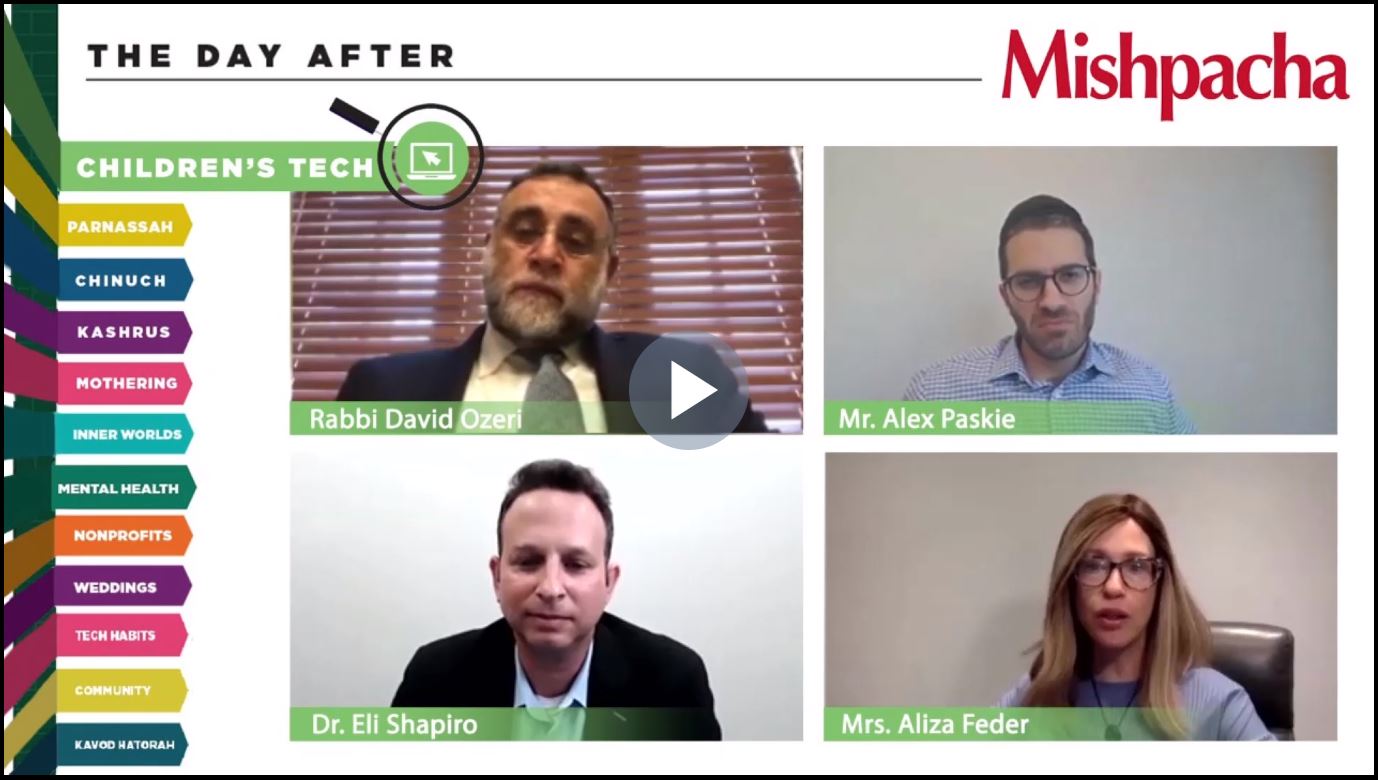
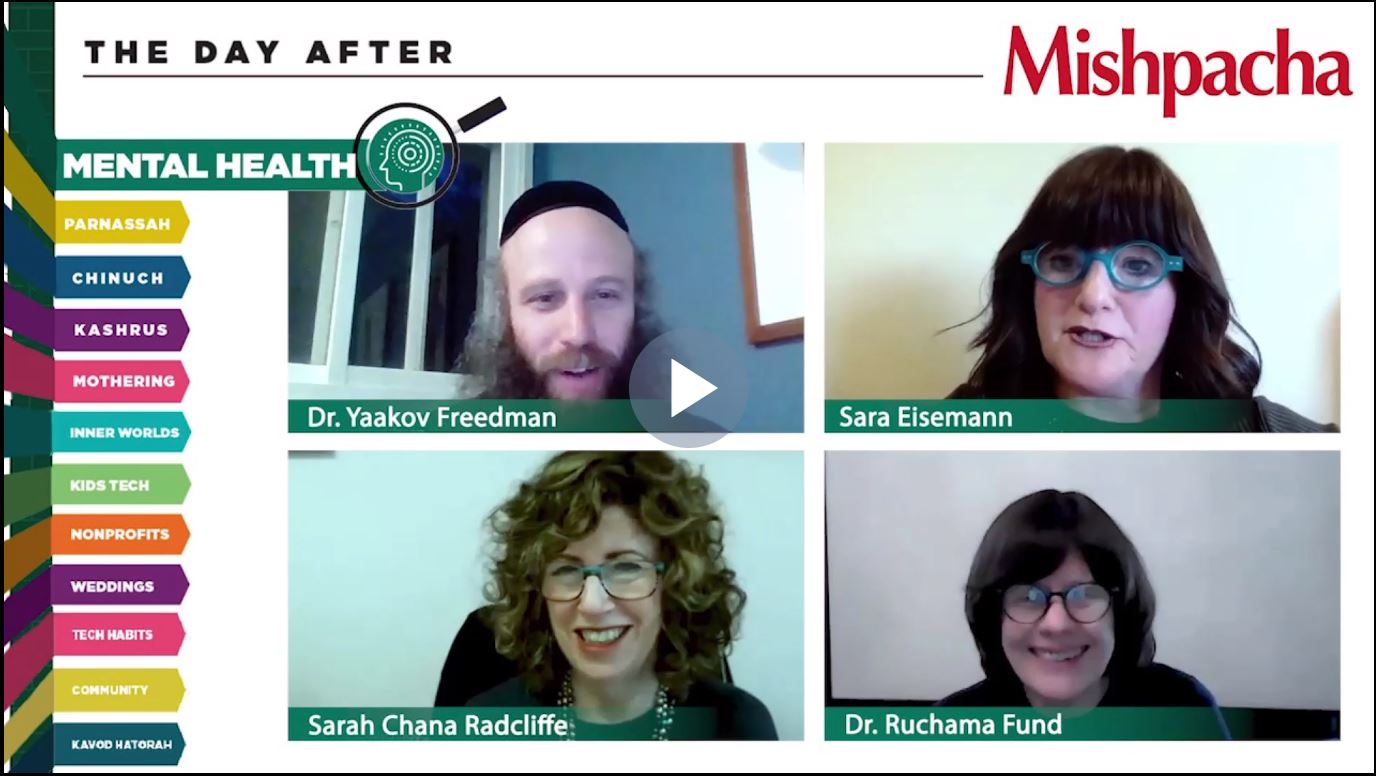
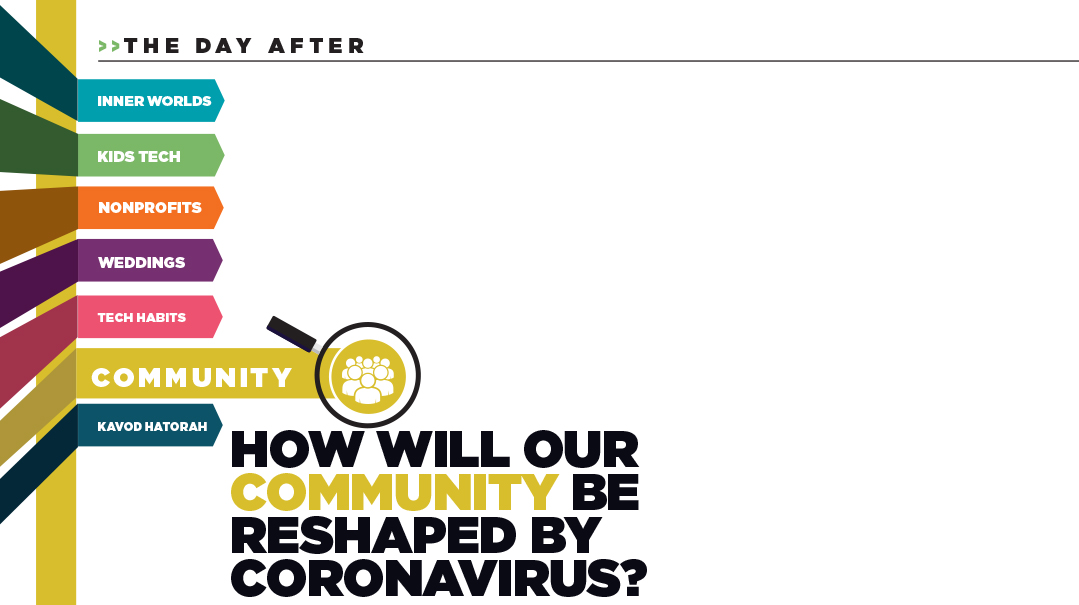

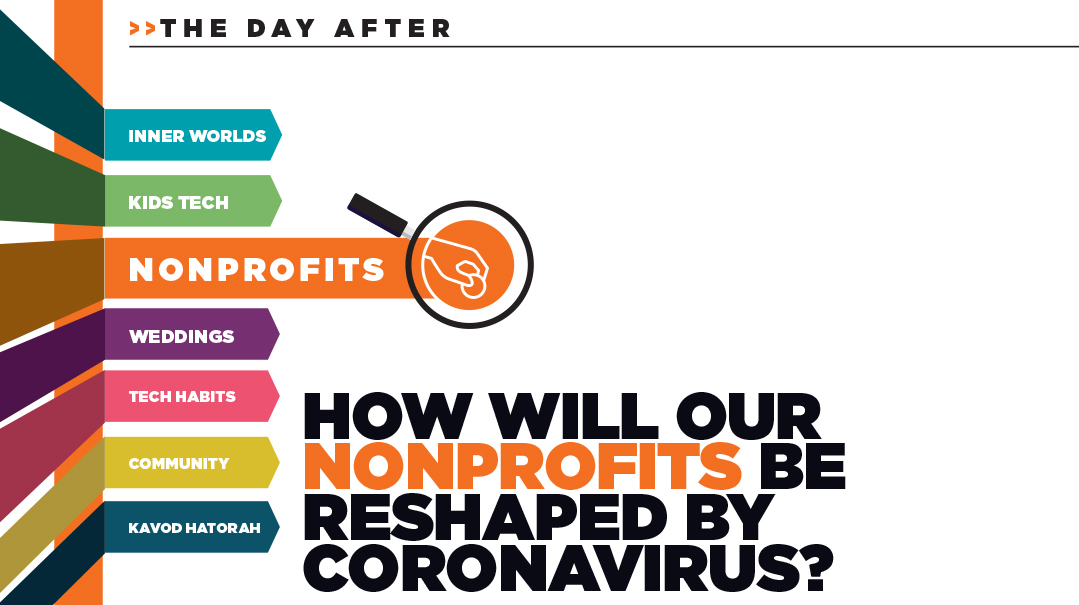

Comments (2)